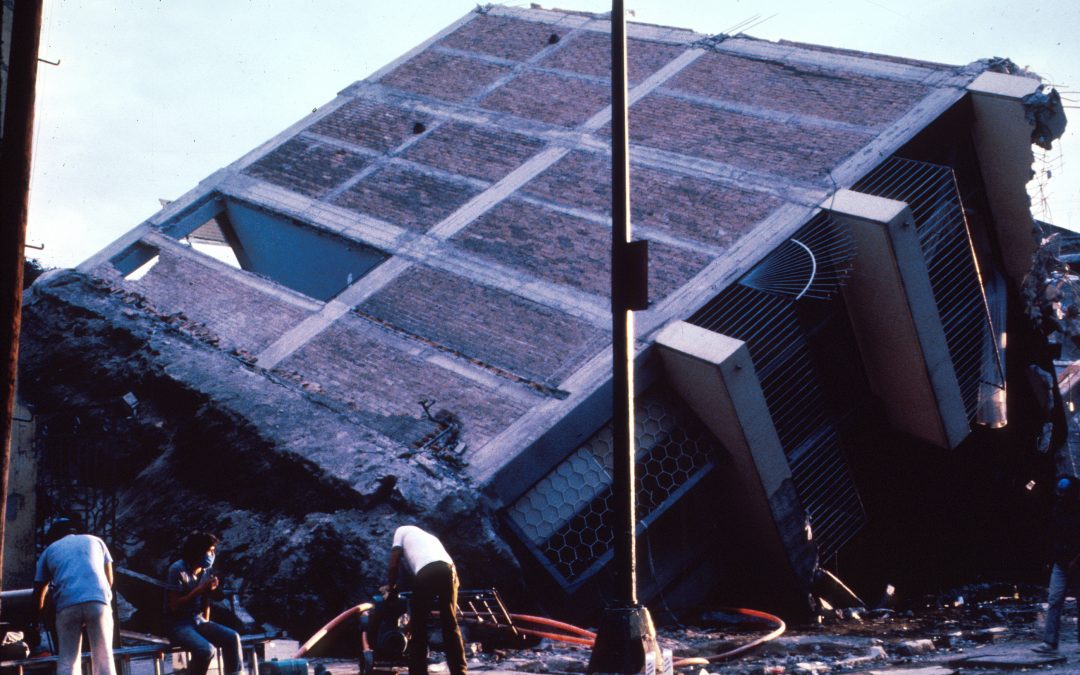Because of the sensitivity of their operations, it is important for healthcare organizations to maintain a high degree of system and network availability. Patient’s well being may depend on the systems being up and running, and any system downtime can jeopardize the patient’s health.
Any healthcare facility which has experienced a disaster knows the importance of disaster recovery. Today, many doctors have become more dependent on clinical applications to deliver patient care, and this makes the importance of disaster recovery and infrastructure resiliency in healthcare more apparent.
Unfortunately, many healthcare organizations overlook the importance of having an effective disaster recovery in place when preparing IT budgets. Therefore, it’s important for healthcare CIOs to demand a budget for disaster recovery planning.
Healthcare facilities usually handle large data sets, and this is going to become bigger as time goes by. In addition to that, there has been a big move in the healthcare industry to store medical records and images electronically. Storing data and images electronically is going to increase efficiency in their operations as well as the security for these materials if the proper precautions are taken. Thus, the following are the reasons why disaster recovery is important in healthcare
Downtime is not negotiable
While some organizations can handle a little downtime and the related losses, any downtime in the healthcare industry means changing the outcome of a patient’s care, and it can even lead to loss of life.
Therefore, it is critical for every healthcare organization to have a disaster recovery plan in place. In addition, the organizations should have well-detailed processes to follow in case of an emergency. But, the important thing of all is that the health care organizations should ensure that they put all these processes into action from time to time to ensure that they are operational and that they won’t fail when needed.
The ever-increasing use of mobile technology
The prevalence of mobile devices used in the healthcare industry has necessitated the need for healthcare organizations to adopt disaster recovery plans. Mobile devices have streamlined the industry by improving efficiency and flexibility. However, they have created new security risks and new ways to lose data.
Financial losses due to lost data
Any data related disaster can mean a very big blow to any healthcare organization. Also, any downtime experienced by any facility can be very costly. Now, add the costs of the possibility of any legal actions taken by the patients who have been affected by the disaster. This can significantly damage the reputation of the healthcare industry, and it means the difference of keeping doors open or closed.
So, how can healthcare facilities prepare for a disaster?
- There should be plans in place to launch the healthcare disaster recovery planning process. Before starting the process, the organization must seek the services of a managed IT team to oversee the entire process, that is, from the beginning to its implementations.
- It is good for health care organizations to have off-site data backups as they can help in the event of a natural disaster which can damage the on-site equipment. This is especially critical for any healthcare facility in a high-risk area.
- Healthcare organizations should ensure that all their security updates and backups have been automated. This ensures that there is no dangerous vulnerability can occur.
- Healthcare employees should be trained on disaster preparedness and IT security to reduce the possibilities of disaster caused by human error.
- Healthcare facilities should view their disaster recovery plans as a constantly evolving feature of their business. This means that they should test the DR plans from time to time to ensure that nothing has gone obsolete and also that it’s functional.


Recent Comments